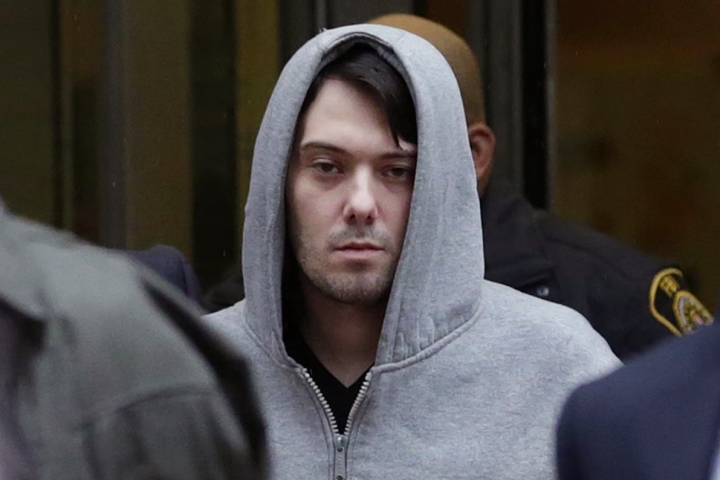
Poisoned air. Drug cartels. A maple syrup heist. All of these equally heinous crimes and more are explored and exposed in Netflix’s latest docuseries, “Dirty Money.”
Produced by Oscar-winning documentarian Alex Gibney (“Going Clear: Scientology and the Prison of Belief”), “Dirty Money” is an in-depth and artistic look into the corporate greed and corruption that gave birth to some of the business world’s biggest scandals. It employs six different directors for six hour-long episodes, each one stocked with sickening facts and first-hand accounts of exactly how far some people and corporations will go to turn a profit.
The series opens with “Hard NOx,” a look into the inner-workings and manipulations that perpetuated Volkswagen’s diesel emissions scam. The German car company claimed to be producing a car that would help reduce the release of harmful emissions. Instead, Volkswagen cars actually contributed up to 50 percent more than the average vehicle to emission levels. The company was able to lie to consumers by installing a device in cars that essentially allowed them to cheat on emission tests.
Though disgusting and cruel, this topic is admittedly not the most engaging. Yet Gibney uses his exemplary directing to turn a complicated and twisted scandal into something no one can peel their eyes away from. Most effective is his ability to personalize the storyline — Gibney himself bought a Volkswagen and was proud to be taking a step towards helping the environment. That is, of course, until news of the diesel scam broke. Gibney is visibly infuriated and claims that his wife was ready to “take a chainsaw to the dealership” (cue an episode highlight in which Gibney’s wife absolutely roasts a Volkswagen salesman. He will never recover.).
Things do get a bit sensationalized, as any documentary must be in order to engage viewers. Gibney recalls Volkswagen’s beginning as a Nazi project, and circles back to this point in order to enhance the malicious image he is attempting to accent. It is an effective strategy, and one that is rooted in fact. Still, the comparison reaches a questionable point when Volkswagen’s fumes were paralleled with “gassing.” Despite the at-times extreme measures taken to stress its message, “Hard NOx” remains an episode that is equal parts educational as it is engaging and infuriating.
The remaining five episodes follow a similar formula, with each new director adding a personal touch. Topics vary but the core moral persists: Corporations care more about money than they do their consumers, and the government is helping them despite this fact. The costs of a successful business vary — in “Hard NOx,” it comes at the expense of the environment, and in “Drug Short,” that cost is someone’s life.
Yet “Dirty Money” does not only concern itself with the most high-profile cases. “The Maple Syrup Heist” follows a storyline that is pretty self-explanatory, and not as silly as it sounds. Each episode highlights an aspect of the corporate world that is evil — be it ties with terrorist organizations or the legal loopholes used to trick consumers.
The series is by no means anti-capitalist propaganda. Rather, it effectively highlights the issues that a strictly capitalist society sustains in order to begin the conversation on proper reform. Should the government care more for corporations or consumers? How much regulation is too much? How much is not enough? Do we have a moral responsibility to expect more from the businesses we buy from? In this post-Citizens United era, these are important questions that need to be asked, and “Dirty Money” is not holding back.

